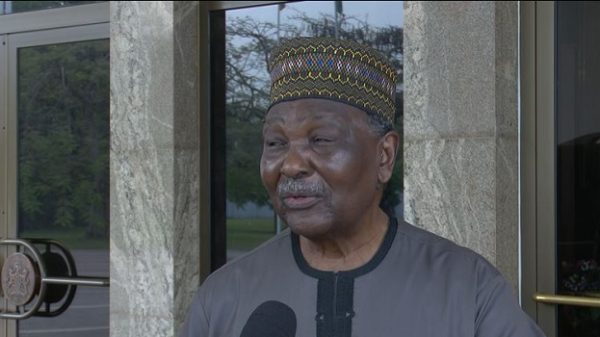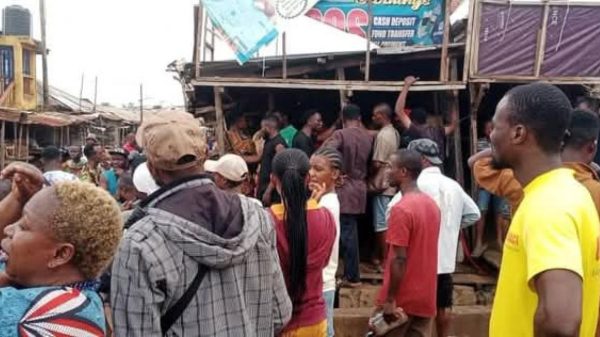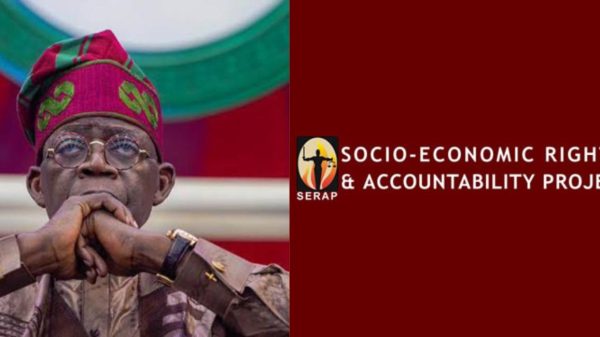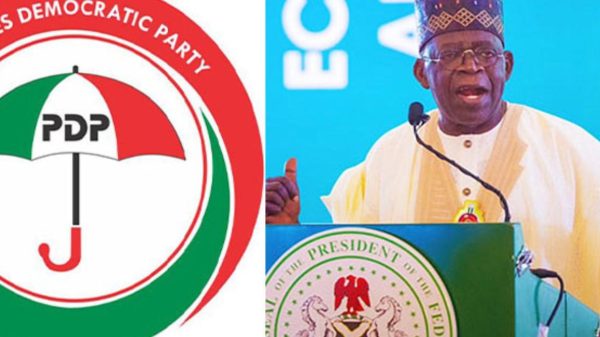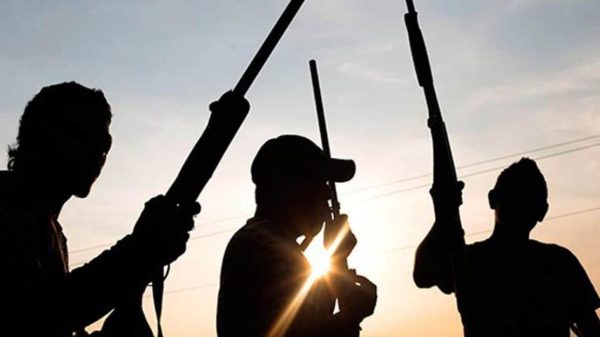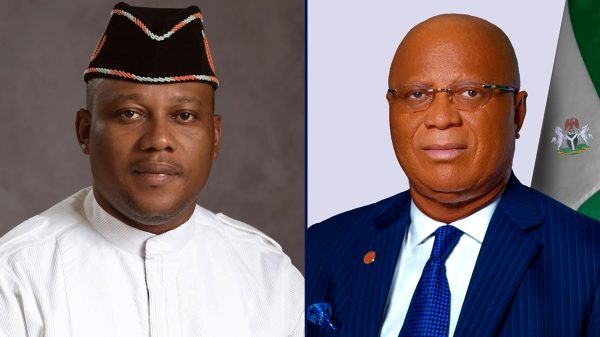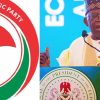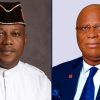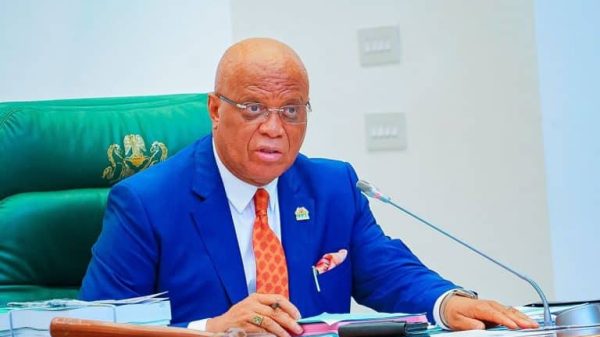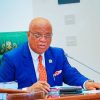In a major political shake-up, suspended Rivers State Governor Siminalayi Fubara has reportedly agreed to join the All Progressives Congress (APC) following months of intense pressure from the Federal Government, led by President Bola Ahmed Tinubu
Sources told Reporters that the decision is part of a broader strategy to weaken Nigeria’s opposition before the 2027 general elections, marking a turning point in what many call a “silent political war” within Nigeria’s democratic structure.
According to insider accounts, Governor Fubara was forced into a corner through what observers describe as “unprecedented intimidation”.
Government forces, allegedly using state institutions such as the judiciary, security agencies, and the National Assembly, launched coordinated attacks aimed at isolating Fubara politically.
At the center of this conflict is FCT Minister Nyesom Wike, Fubara’s former ally turned political rival, who reportedly led the offensive against the Governor with federal backing. This included threats of impeachment and judicial actions designed to cripple Fubara’s administration.
The London Peace Accord
The game-changing moment came during a secret meeting in London in April 2025, now being referred to as the “London Peace Accord.” There, President Tinubu and Fubara allegedly reached an agreement: Fubara would join the APC in exchange for political survival and reinstatement.
This meeting has not been officially acknowledged by the Presidency but was confirmed by The Africa Report. In the deal, Fubara’s reinstatement would come with new limits on his control of state resources, shared with APC power brokers.
As part of a seeming reconciliation, Wike recently described Fubara as “his son” in a BBC Pidgin interview, denying any personal conflict. “Fubara is my son. I no dey fight am,” Wike said, placing blame instead on Fubara’s supporters.
Back in March 2025, President Tinubu declared a state of emergency in Rivers State, suspending both Governor Fubara and his deputy, Ngozi Odu, and dissolving the executive and legislative arms of government. This followed violent protests, failed impeachment attempts, and a breakdown of governance linked to the Fubara-Wike feud.
A sole administrator, retired Vice Admiral Ibok-Ete Ekwe Ibas, was appointed by the President to oversee the state during the emergency period. The decision drew heavy criticism from civil society, opposition parties, and constitutional experts, who argued it was politically motivated.
Many Nigerians are reacting with concern over what they call an abuse of federal power. One source familiar with the development said, “Fubara has been humiliated into submission. Rivers State has been turned into a pawn in the Abuja power game.”
The situation sets a worrying precedent for Nigerian democracy, as critics warn that political coercion and use of emergency powers to silence opposition may become a common tool in the lead-up to 2027.



